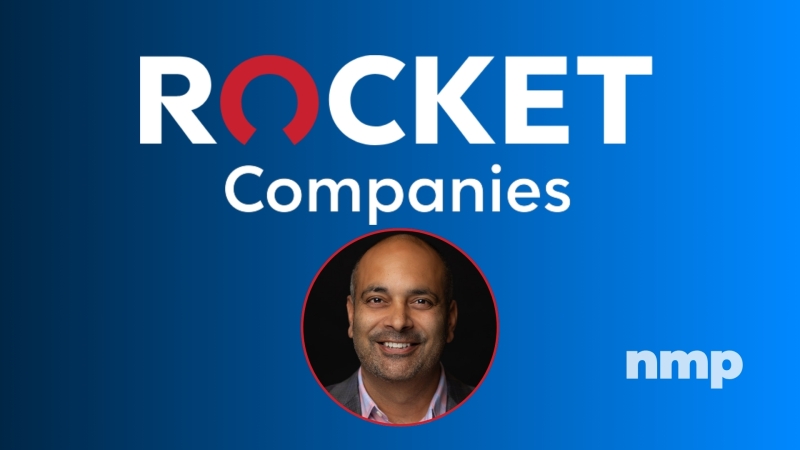
Fannie Mae Introduces Spanish-Language Homebuyer Education Program

The new platform, HomeView en Español, aims to bridge language barriers hindering Hispanic-Americans from purchasing homes..
Fannie Mae has unveiled HomeView en Español, a digital platform tailored to provide Spanish-speaking consumers with accessible information on financial literacy and homeownership. The platform, available 24/7, allows users to either independently navigate the content or seek guidance from trusted advisors.
A survey conducted by Maxwell revealed that nearly 25% of Hispanic-Americans believe language to be a significant barrier when house hunting, with some even considering halting their search due to the challenge.
Rutul Dave, Maxwell’s chief technology officer, told Mortgage Banker magazine, that by 2030, more than 50% of mortgage applicants will be Spanish-speaking.
Other concerns affecting this demographic include the scarcity of affordable homes, prevalent cases of insufficient credit, and relatively steep initial housing costs.
Fannie Mae CEO Priscilla Almodovar stated in a press release, "We want to help people get into and stay in their homes for a long time. Downpayment assistance and homeownership education can help the Latino community and achieve both goals."
Since the start of March, Fannie Mae and Freddie Mac have mandated that all loans include the Supplemental Consumer Information Form, ensuring the understanding of customers with limited English proficiency. The form is accessible in multiple languages, including Spanish.
Launched in 2022, the original HomeView program has already seen participation from over 340,000 individuals. With the expectation that 70% of the new homeowners from 2020 to 2040 will be of Hispanic origin, according to Urban Institute data, Fannie Mae's latest initiative focuses on delivering Spanish-centric educational content, especially on managing credit.
HomeView en Español, compatible with desktops, mobiles, and tablets, offers interactive quizzes and audio segments to enhance user comprehension.
In addition to this educational initiative, Fannie Mae is broadening the reach of its special purpose credit program. The pilot program, designed to aid eligible first-time homebuyers in predominantly Latino regions like Atlanta, Baltimore, Chicago, Detroit, Memphis, and Philadelphia, offers down payment assistance. Plans are in motion to extend this assistance to more cities with sizable Latino populations in the coming year.
Highlighting the importance of such initiatives, Almodovar added, "The housing challenges faced by Latinos are real – but they are not insurmountable. With innovative thinking and committed partners, it is possible to expand housing opportunities in ways that are sustainable and responsible – both for the housing system and for homeowners."
Fannie Mae anticipates further improvements to the initial HomeView program by 2024.




